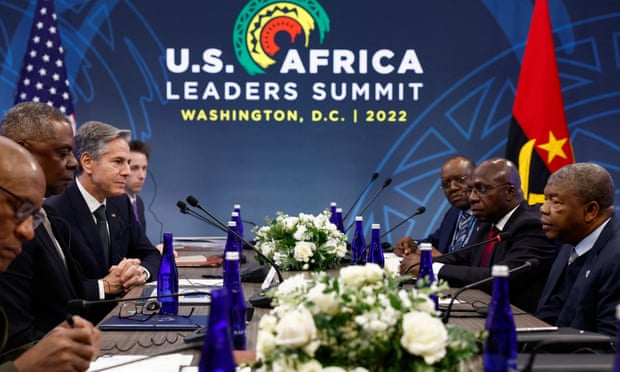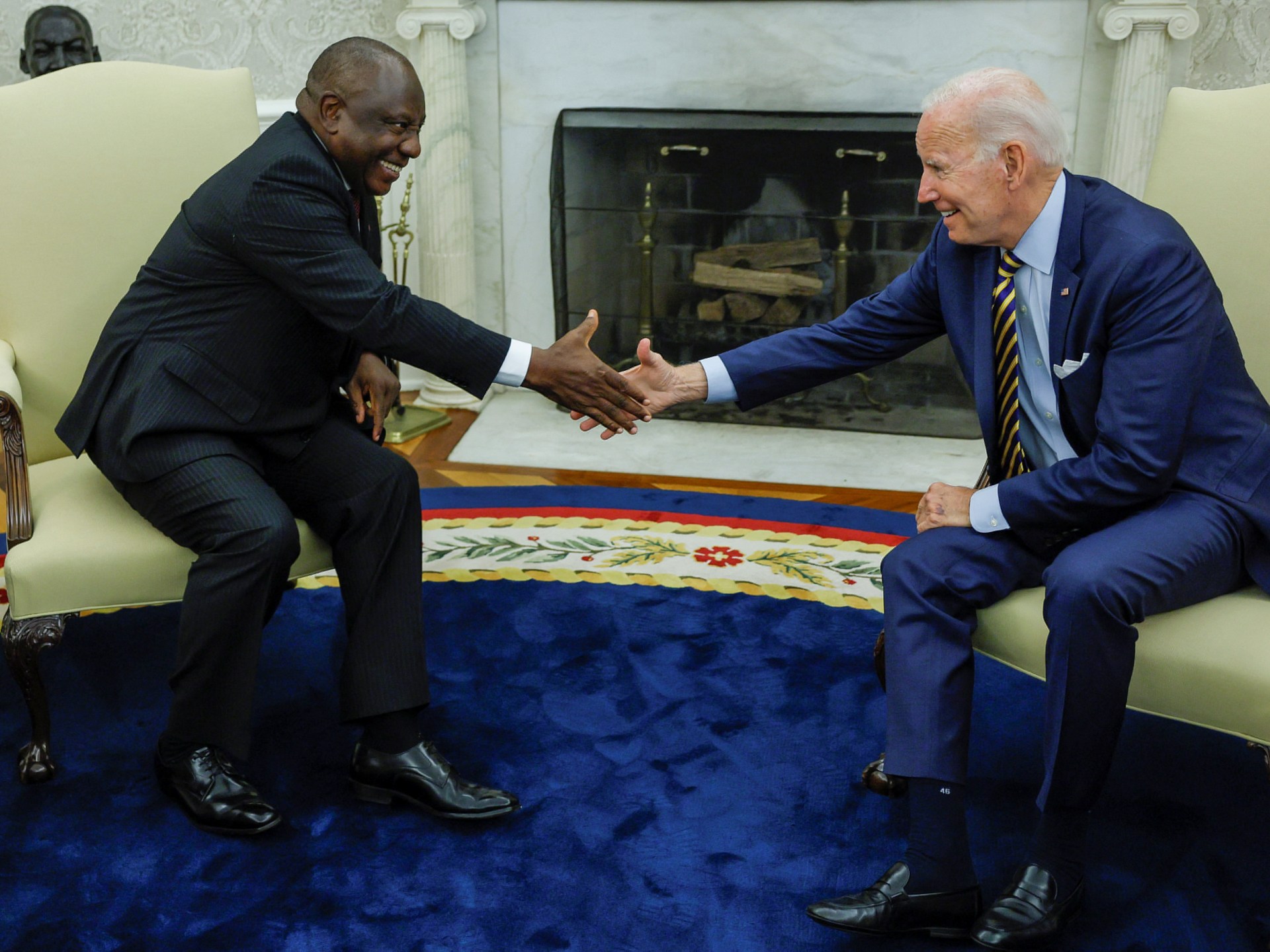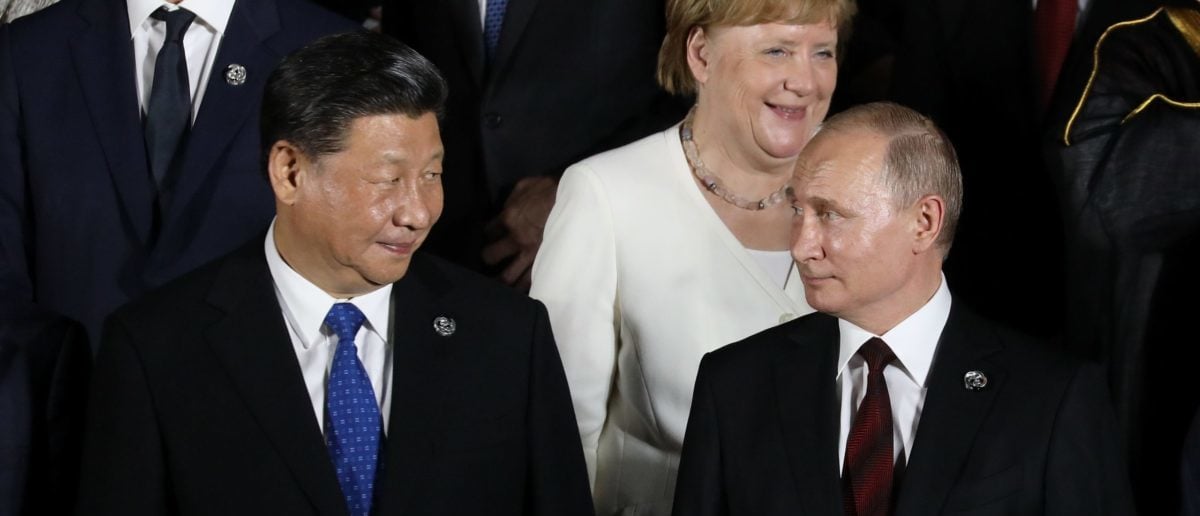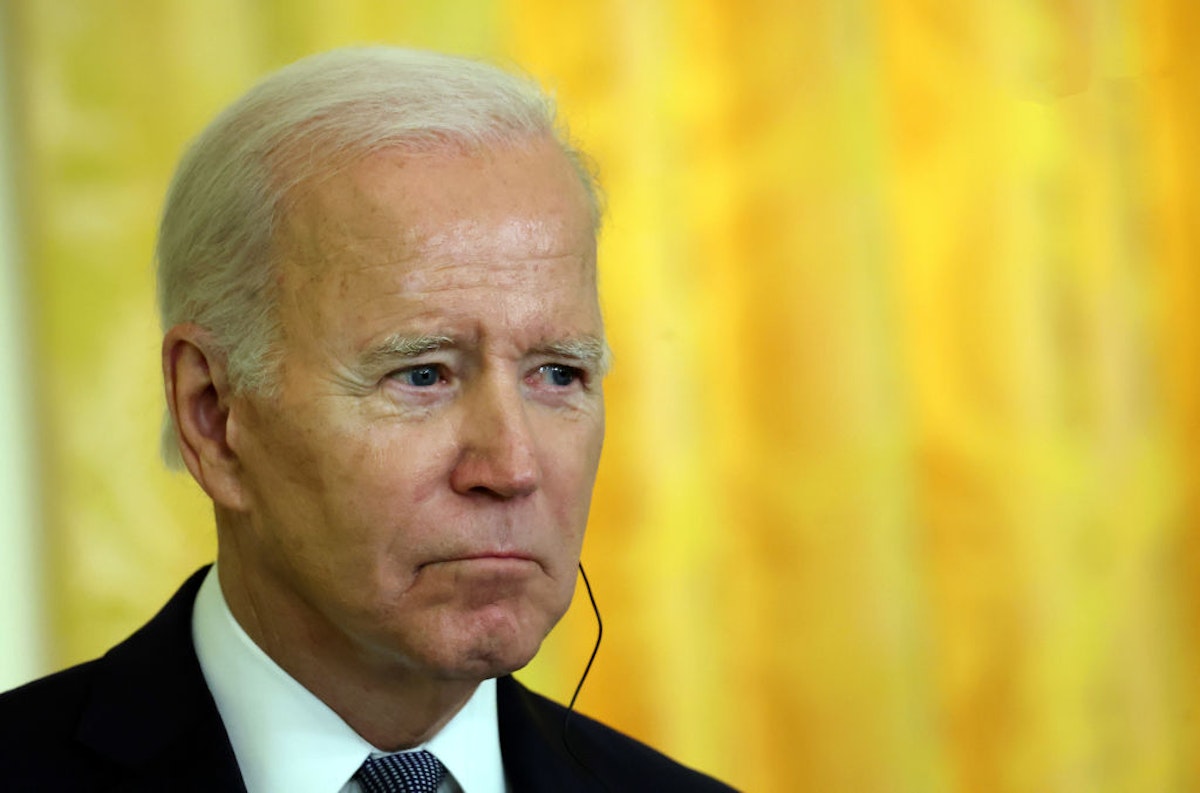The Facts
On Tuesday, US VP Kamala Harris opened the US-Africa Leaders Summit in Washington. The three-day gathering brings together leaders from 49 African countries and the African Union (AU) amid growing competition between the US and China on the continent.
Hosted by the White House, the first high-level US-Africa gathering since 2014 will reportedly focus on issues such as health, food security, climate change, and civil wars, as well as trade and investment opportunities to "address the shared challenges we face."
The Spin
Establishment-critical narrative
Though Washington pretends that it wants to close the growing trust gap between the US and Africa, the Biden admin. still sees Africa merely as a pawn in its strategic goal of competing with China. However, African leaders have long known that the US isn't concerned with cooperation for mutual benefit, but solely with its own interests. Beyond the bluster, Africa is unlikely to sustainably benefit from the summit.
Pro-establishment narrative
After the 2014 US-Africa summit, which failed to produce any meaningful policy change, Washington is looking this time to finally treat Africa as a partner rather than a problem. It's the US that increasingly depends on a growing Africa, not the other way around, which is why Biden's summit will include dialogues surrounding current and future leadership in the spheres of economics, sustainability, and governance.










